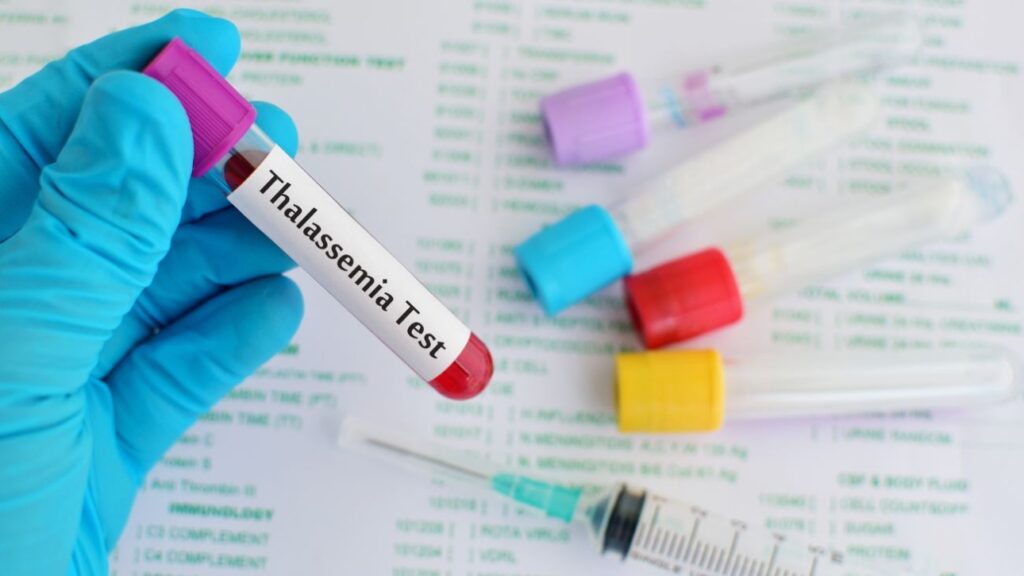Introduction: Thalassemia is a genetic blood disorder that affects millions worldwide. Understanding its intricacies, from its symptoms to the process of diagnosis, is crucial for early intervention and effective management. This comprehensive guide aims to shed light on the various facets of thalassemia.
Symptoms of Thalassemia: Thalassemia manifests differently in individuals and can range from mild to severe. Common symptoms include fatigue, weakness, pale skin, jaundice, and slow growth in children. More severe cases may involve bone deformities and enlarged spleen.
Causes and Genetics: Delve into the genetic intricacies behind thalassemia. Learn how mutations in the genes responsible for hemoglobin production lead to this condition. Understanding the inheritance patterns can be crucial for families in terms of genetic counseling and family planning.
Types of Thalassemia: Explore the various types of thalassemia, including alpha and beta thalassemia. Each type has distinct characteristics and severity levels, impacting treatment approaches and prognosis.
Diagnosing Thalassemia: Discover the diagnostic procedures involved in identifying thalassemia. From blood tests and genetic screenings to fetal testing during pregnancy, accurate diagnosis is pivotal for appropriate management and care.
Treatment and Management Options: While there’s no definitive cure for thalassemia, various treatments aim to alleviate symptoms and complications. Learn about blood transfusions, iron chelation therapy, bone marrow transplants, and ongoing research into potential curative treatments.
Living with Thalassemia: Get insights into lifestyle adjustments and self-care strategies that can empower individuals living with thalassemia. From dietary considerations to managing fatigue and seeking emotional support, discover ways to lead a fulfilling life while managing the condition.
Conclusion: Understanding the intricacies of thalassemia, from its symptoms and causes to the diagnostic process and available treatments, is crucial for both affected individuals and their families. Stay informed, seek support, and empower yourself or your loved ones to live well despite the challenges posed by thalassemia.


